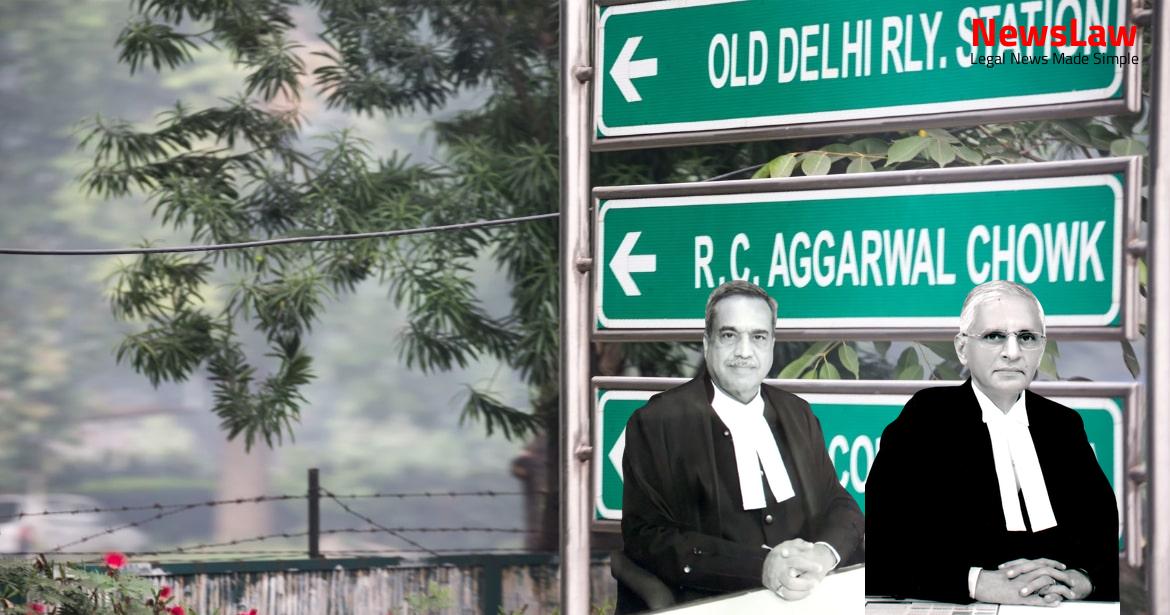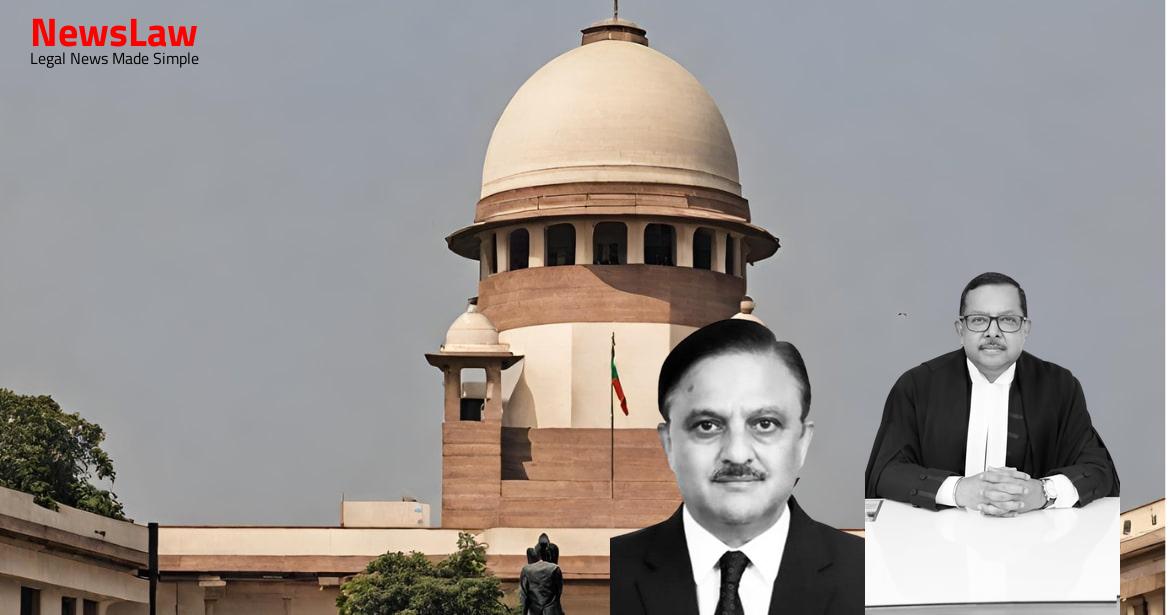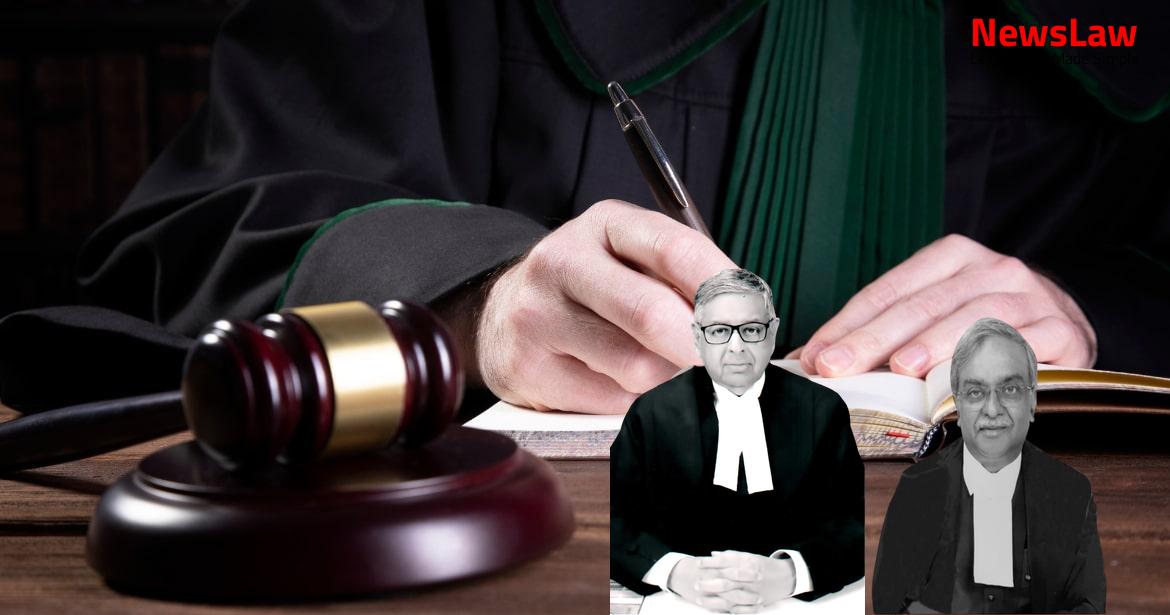Delve into the legal intricacies of a recent court case where a termination order was quashed due to delay and laches. The court’s analysis underscored the significance of timely legal action in administrative proceedings, setting a precedent for future cases. Follow along to understand the implications of delayed writ petitions in the judicial sphere.
Facts
- The learned Single Judge allowed the writ petition and quashed the order of termination dated 16.12.1996.
- Consequential benefits were directed to be given to the respondent treating her husband as superannuated on 16.12.1996.
- The Division Bench confirmed the Single Judge’s order through the impugned judgment.
- The State of Rajasthan and others have filed the present appeal against the Division Bench’s decision.
- The appeal arises from the dismissal of D.B. Special Appeal Writ No. 1045 of 2018 by the Division Bench.
- The administrative committee of Panchayat Samiti Nokha decided to remove Rameshwar Lal from service in a meeting on 26.02.1996.
- A public notice was published in the newspaper on 14.03.1996 directing Rameshwar Lal to rejoin within 15 days with an explanation.
- Rameshwar Lal did not rejoin even after the 15-day deadline.
- Rameshwar Lal, who was serving as a Gram Sevak, was suspended on 08.01.1996 for willful absence from duty and incomplete audit.
- His services were terminated on 16.12.1996 under Section 91 (3) of the Act 1994 and Rule 86 of Rajasthan Services Rules, 1951.
- Rameshwar Lal appealed the termination under Section 91 (4) of the Act 1994, which was pending when he passed away on 18.09.2009.
- The respondent filed a writ petition (S.B. Civil Writ Petition No.11405 of 2011) in the High Court challenging the termination order of 16.12.1996.
Also Read: Interpretation of Statutory Limitation under Section 263(2)
Arguments
- Late husband of the respondent would have attained the age of superannuation in 1999 if not terminated.
- Respondent did not pursue appeal after husband’s death, possibly unaware of it.
- Respondent filed writ petition in 2012, 15 years after termination and approximately 13 years after superannuation age.
Also Read: Legal Analysis on Conviction Based on Sole Testimony of Prosecutrix
Analysis
- The respondent’s late husband was removed from service in 1996 but had an appeal pending at the time of his passing in 2009.
- The late husband of the respondent died while the appeal was still unresolved.
- The timeline of events shows that the late husband of the respondent was actively pursuing legal recourse against his removal from service.
- The learned Single Judge erred in entertaining the petition in 2012 challenging the termination order from 1996 based on delay and laches.
- The termination order in 1996 was challenged despite the deceased employee being due for retirement in 1999.
- Barred by delay and laches, the merits of the termination were not required to be considered.
- The Single Judge should not have entertained the petition in 2012 due to delay and laches alone.
- Despite a prayer to decide the pending appeal, the Single Judge delved into the merits and set aside the termination order.
Also Read: Legal Analysis on Concurrent Sentences in Drug Trafficking Cases
Decision
- Judgment and order dated 01.03.2019 passed by the Division Bench and 17.01.2017 passed by the learned Single Judge quashed and set aside.
- No order as to costs in the present case.
- The present appeal succeeds.
Case Title: THE STATE OF RAJASTHAN Vs. SURJI DEVI (2021 INSC 631)
Case Number: C.A. No.-006205-006205 / 2021



